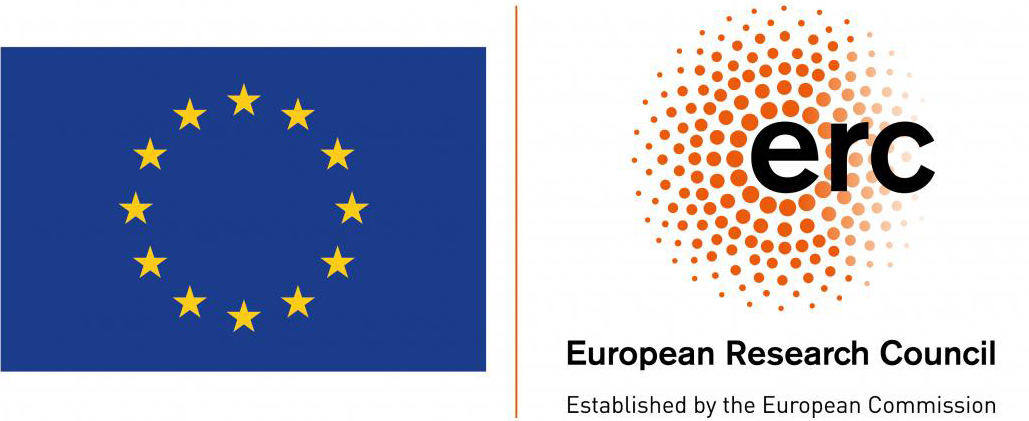︎︎︎
ABOUT NEUROLIVE
NEUROLIVE IS AN INTERDISCIPLINARY RESEARCH COLLABORATION THAT BRINGS ARTISTS, SCIENTISTS AND AUDIENCES TOGETHER TO STUDY WHAT MAKES LIVE EXPERIENCES SPECIAL.
Liveness is vital to dance, theatre and music performances – and to many other kinds of events, including political rallies, sports events, reality TV and university lectures – but what exactly sets live experiences apart from recorded, streamed or simulated ones?
NEUROLIVE takes an intrinsically interdisciplinary approach to investigating and interrelating different ways of practicing, conceptualising and measuring liveness. It combines practices of artistic research and performance making, theories from dance, theatre and performance studies, and methods from cognitive neuroscience including mobile neuroimaging.
Throughout the project, artists and scientists will work collaboratively on the design of artistic and scientific studies, while at the same time working to maintain the full distinctness of their respective practices. Artistic research will help to shape the experimental design of psychological studies in the lab, while scientific principles and methods will feed into the making of dance and choreography in the studio.
NEUROLIVE engages investigative artistic approaches to performance-making to examine a range of core elements that influence live experiences, acknowledging the multi-faceted and culturally-specific nature of liveness in different contexts.
NEUROLIVE proposes that the experience of liveness is quantifiable as behavioural, psychophysiological and neural entanglement between performers’ and spectators’ minds, brains and bodies.
NEUROLIVE’s 5-year research programme runs from 2020 to 2025, and has been in development since 2017. The ongoing global pandemic deeply impacts on the subject of liveness that is the focus of the project: the conditions and meanings of liveness have altered in ways that couldn’t have been anticipated and these changes continue to unfold, be felt and be fathomed in relation to this work.
Follow us on social media to stay updated and find out about ways to get involved.
Liveness is vital to dance, theatre and music performances – and to many other kinds of events, including political rallies, sports events, reality TV and university lectures – but what exactly sets live experiences apart from recorded, streamed or simulated ones?
NEUROLIVE takes an intrinsically interdisciplinary approach to investigating and interrelating different ways of practicing, conceptualising and measuring liveness. It combines practices of artistic research and performance making, theories from dance, theatre and performance studies, and methods from cognitive neuroscience including mobile neuroimaging.
Throughout the project, artists and scientists will work collaboratively on the design of artistic and scientific studies, while at the same time working to maintain the full distinctness of their respective practices. Artistic research will help to shape the experimental design of psychological studies in the lab, while scientific principles and methods will feed into the making of dance and choreography in the studio.
NEUROLIVE engages investigative artistic approaches to performance-making to examine a range of core elements that influence live experiences, acknowledging the multi-faceted and culturally-specific nature of liveness in different contexts.
NEUROLIVE proposes that the experience of liveness is quantifiable as behavioural, psychophysiological and neural entanglement between performers’ and spectators’ minds, brains and bodies.
NEUROLIVE’s 5-year research programme runs from 2020 to 2025, and has been in development since 2017. The ongoing global pandemic deeply impacts on the subject of liveness that is the focus of the project: the conditions and meanings of liveness have altered in ways that couldn’t have been anticipated and these changes continue to unfold, be felt and be fathomed in relation to this work.
Follow us on social media to stay updated and find out about ways to get involved.
Contact:
Dr Guido Orgs
guido.orgs@ucl.ac.uk
Dr Matthias Sperling matthias.sperling@ucl.ac.uk
Social media:
![]() neuroliveness
neuroliveness
︎ neuroliveness
This research project has received funding from the European Research Council (ERC) under the European Union’s Horizon 2020 research and innovation programme (grant agreement No. 864420 - Neurolive)
![]()
![]()
![]()
![]()
![]()
Website design: Victoria Ford
Dr Guido Orgs
guido.orgs@ucl.ac.uk
Dr Matthias Sperling matthias.sperling@ucl.ac.uk
Social media:
 neuroliveness
neuroliveness︎ neuroliveness
This research project has received funding from the European Research Council (ERC) under the European Union’s Horizon 2020 research and innovation programme (grant agreement No. 864420 - Neurolive)





Website design: Victoria Ford
